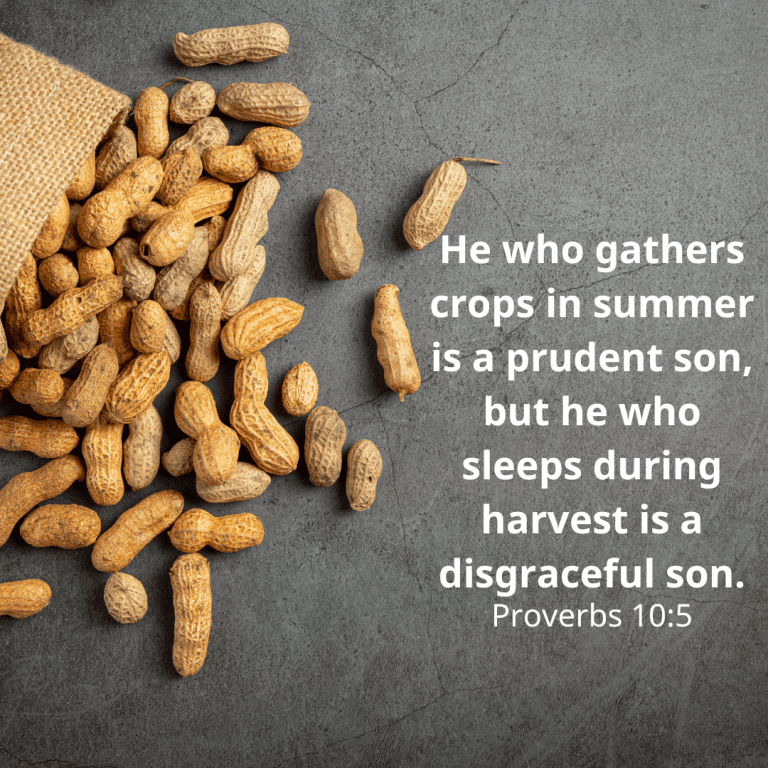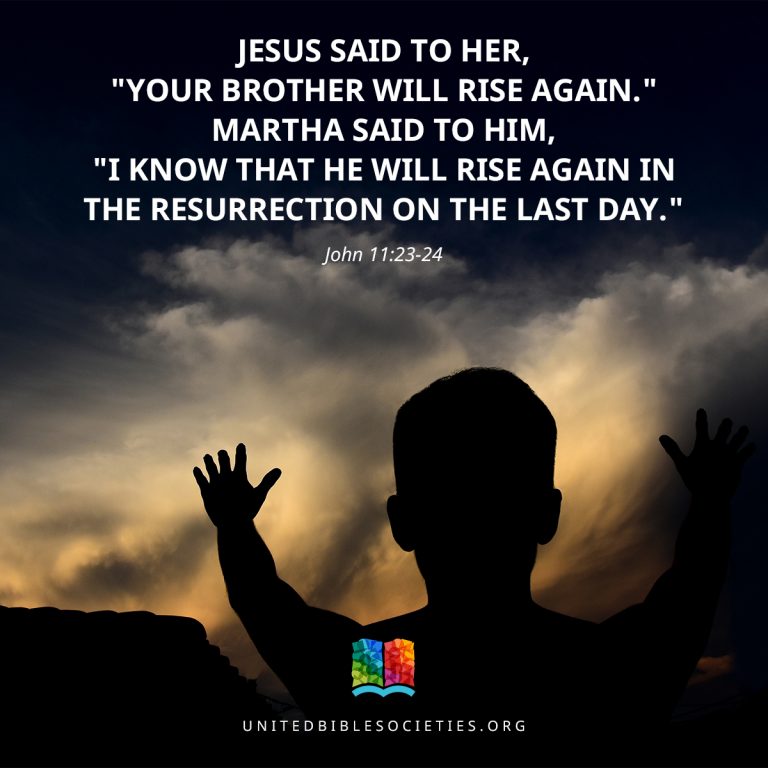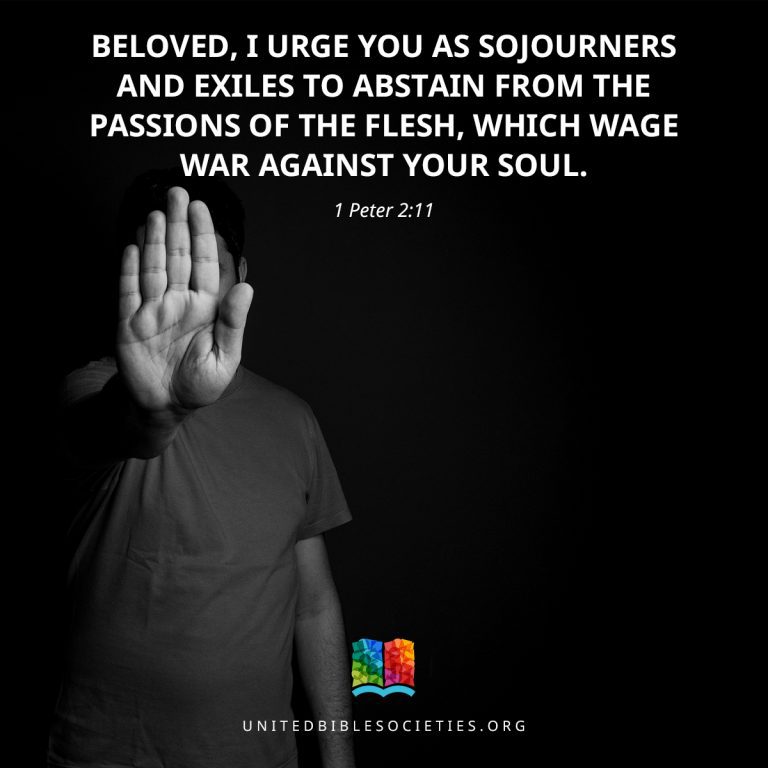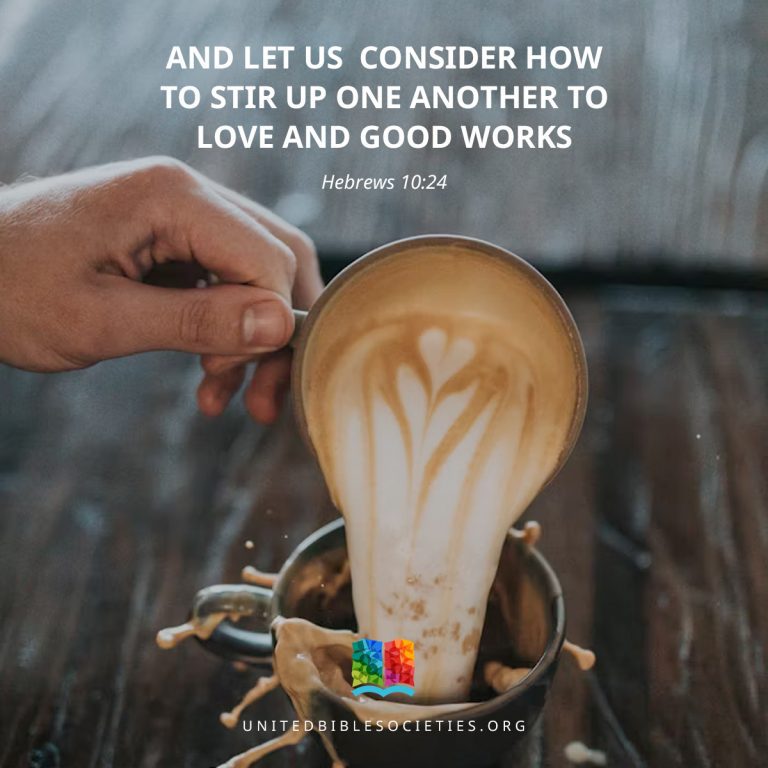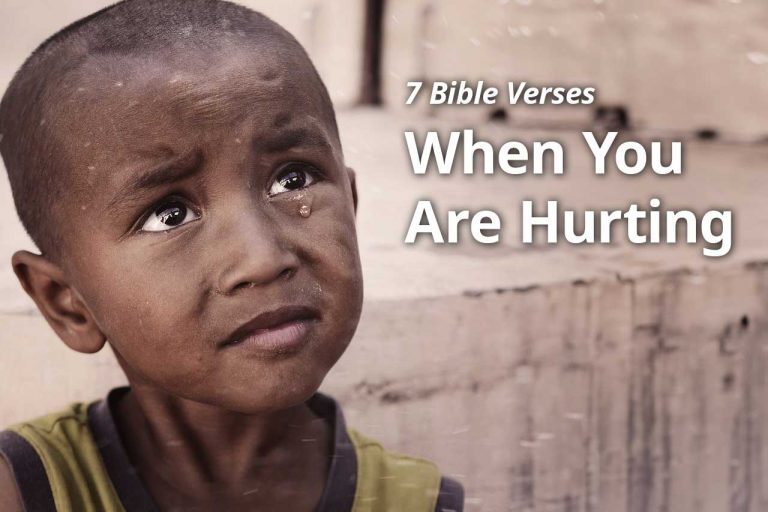Yǝcu mɔŋgwɔ ithni lɔɔrɔ lir khamsa alf.
(Maṯṯa 14:13-21Mɔrgus 6:30-44Luuga 9:10-17)1 Kwaathan tǝ nǝ Yǝcu ele nɔŋw dappi bahar-gila kǝni kithaathɔ kwǝthi Jǝliil-ŋwɔ, kwǝni Bɔheyra Ṯabariiyyǝ. 2 Nǝr kwaathitha littǝzir, kaka niisacar-gwɔ ŋilima ŋǝrrǝ-ŋwsi ŋisǝwǝŋw-ŋi lizi luumǝ. 3 Nǝ Yǝcu allɔ ki-lundǝr-lǝ nǝr-gwɔ naanalɔ ṯalaamiiz-thi ṯuuŋwun. 4 Nǝ @iiḏ wǝthi Fis-ha kwǝthi Yahuuḏ aadithi keṯṯok. 5 Mǝ Yǝcu iccannalɔ nɔŋweese dɔŋw lɔppa linḏu naanɔ-ŋgwɔ, nɔŋwɔccǝ Fiilibbus-ŋwɔ, “A kwir liṯṯa ethneya ṯaka wittǝzir ethi ithni lizi kɔlɔ tatap?” 6 Ŋǝni ŋandisa-ŋwsi-ŋɔ ethi ṯǝcci Fiilibbus-ŋwɔ, kaka nilŋithiŋwsi-gwɔ ŋa ŋinḏiŋwsi ethisi ǝrri. 7 Nǝ Fiilibbus ǝŋnici nɔŋwɔccǝŋw, “Mǝr kinnǝ liṯṯa ethneya fiḏḏa-gi kwir ruɽii-wrii ŋwɔseere biɽithi kinnǝ too ethi aavi yithiritha leere-leere.” 8 Nǝ kwette kwǝthi ṯalaamiiz kwǝni Anḏraaws kwir eŋgen kwǝthi Bɔṯrɔs-ŋǝ ǝccǝyw, 9 “Tɔr kɔrɔ tette kɔnɔŋw tǝthi rǝghiivǝ ṯɔthni nǝ lɔm ndǝn; laakin rende rinḏi ethi biɽithi lizi kala tatap.” 10 Nǝsi Yǝcu ǝccǝŋw, “Nǝnǝr lizi-la.” Nǝ karaaw naani kinagw kuuru kǝzir wa; nǝgwa lar naani-lɔ lir khamsa alf. 11 Nǝ Yǝcu dimmǝ rǝghiivǝ nɔŋw-ri ǝccǝ Allah shukran, mindaŋ nǝr kǝnnini ki-lizi-nǝ kila lǝwthǝlɔ, nǝ lɔm ṯǝŋw tok, mindaŋ nǝraavi tatap kwirga kwɔnaŋnar. 12 Mǝr bee tatap tǝ, nɔŋwɔccǝ ṯalaamiiza ṯuuŋwun ŋwɔ, “Aaɽisar fǝḏlǝ dɔŋw kwǝɽinnǝ, mindaŋ ǝreere kiirasalɔ kweere mac.” 13 Ŋwɔṯaŋw nǝr aaɽasi dɔŋw tatap, mindaŋ nǝr urǝzi luvǝ wrii-kwuɽǝn fǝḏlǝ-gi kwǝthi rǝghiiv kira rir ṯaɔhni kwɔṯayya lizi-la kila lithna! 14 Mǝ lizi ese ŋilima ŋimǝsi Yǝcu ǝrri, nǝraarɔŋw, “Kwiɽii kwɔrma-ṯǝ ŋgwɔ rerrem ŋgwa kwǝŋgi iila ki-ṯurmun-nǝ!”
15 Mǝsi Yǝcu elŋece ethaarɔŋw ŋgwa kwinḏir ethi mithǝ ethi ruusi mǝlik ŋɔmaŋi-na; nɔŋwsi ɔrlacci ŋwɔdoŋw nɔŋweele nɔŋw allɔ ki-ŋwundǝr-lǝ kwɔtɔpɔt.
Yǝcu mɔŋgwɔ ele ŋaaw-la.
(Maṯṯa 14:22-33Mɔrgus 6:45-52)16 Mǝ kirakalɔ oro nyono-nyonoc nǝ ṯalaamiiz ṯuuŋwun ele ki-Bɔheyra-na, 17 Nǝr dallɔ ki-mɔrkǝb-lǝ nǝr uɽǝthǝ Bɔheyra-na nǝreele Kafranaahuum. Nǝ kulu oro, laakin nǝtǝ Yǝcu ere iila kinnǝni mac naanir-gwɔ. 18 Nǝ ŋaaw ɔppɔthina kaka nɔɔvɔ-gwɔ kɔrɔn kɔppa beṯṯen. 19 Mǝreele ŋaaw-la miilǝ kweere ṯoɽol ya kwaɽiŋan, nǝreese Yǝcu-ŋw kwiilathisi naana ŋaaw-la mindaŋ mɔŋw dɔŋgwatha mɔrkǝbǝ naana keṯṯok-tǝ, nǝr ṯeenye beṯṯen. 20 Laakin nɔŋwsi ǝccǝŋw, “Ǝṯi ṯiinya mac, nǝ nyii kwɔrɔ.” 21 E-ta nǝr aamina ethi allasi ŋunduŋw ki-mɔrkǝb-nǝ, nǝ ŋwɔṯaŋw tɔc, nǝ mɔrkǝb ɔppathi kǝzir wiilathir-gwɔ.
Lizi linaŋna Yǝcu-ŋw-lɔ.
22 Mǝ ŋɔrpɔ-ŋgwa oro, nǝ lizi kila lithathina ki-ṯuɽumǝ ṯithaathɔ ṯǝthi bɔheyra elŋe etharɔŋw mɔrkǝb kwɔnaani-pa kwɔtɔpɔt kinanaŋw, nǝ-gwɔ Yǝcu ere dallɔ ṯalaamiiz-thi ṯuuŋwun mac, laakin nǝreele cuk-cuk kwiirasi-gwɔna. 23 Nǝ limɔrkǝb linḏi Ṯabiriiyyǝ-ŋgi ɔppatha nḏɔṯɔma kǝni kǝzir wa wiithiyi lizi rǝghiivǝ kira rǝccǝri Kweeleny Allah shukran. 24 Mǝ dɔŋw elŋe ethaarɔŋw Yǝcu kwiti kinanaŋw mac, wala ṯalaamiiz ṯuuŋwun, nǝr dallitha ki-limɔrkǝb-lǝ nǝreele Kafranaahuum ethi-gwɔ naŋni ŋunduŋw-lɔ.
Yǝcu kwir ethne wǝthi ŋimiitha.
25 Mǝr kaṯṯasi Yǝcu-ŋwɔ ki-ṯuɽumǝ ṯithaathɔ ṯǝthi bɔheyra, nǝrǝccǝŋw, “Yaa Mɔ@allim a kwɔppathɔ ṯaccaŋ tuk kɔnɔŋw?” 26 Nǝsi Yǝcu ǝŋnici nɔŋwsǝccǝŋw, “Nyii kwǝccǝ-ŋǝsi-mǝ ŋwɔ rerrem, ŋaaŋa linaŋna-nyii-lɔ kaka niithiŋǝ-gwɔ rǝghiivǝ mindaŋ nǝsi bee tetter, ŋiti ŋǝniŋw ŋaaŋa limǝ elŋe ŋilima ŋiinyi mac. 27 Ǝṯeere ǝkkini ethne-yi ŋɔthɽɔr wǝṯi kiirathalɔ mac, laakin ǝṯi-yi ǝkkini wa ŋothɽor wǝthi ŋimiitha ŋǝṯi nannitha dɔk-dɔk, wa winḏi-ŋǝsi Tɔr tǝthi Kwizigwunǝŋ ethi inḏǝthǝ, kaka mǝgwɔ Allah wir Papa inḏǝthǝ ŋunduŋw sɔlṯa kwuuŋwun.” 28 E-ta nǝr uṯicǝlɔ nǝrǝccǝŋw, “E-ta aatha kwǝnyii ǝrri, mindaŋ mǝnyii ǝthi ŋɔma ethisi ǝrri ŋa ŋinaŋnathi-nyji Allah ethisi ǝrri?” 29 Nǝsi Yǝcu ǝŋnici nɔŋwsǝccǝŋw, “Ŋothɽor ŋǝthi Allah ŋǝni-ŋwɔ, ethi ǝmmini ŋgwa kwɔɔsa-ŋwɔ” 30 E-ta nǝrǝccǝŋw, “Ŋilim ŋindǝr ŋǝndu ŋǝsi ǝrri mindaŋ mǝnyji ese tǝ ǝrŋǝmǝ ǝmminici? Aatha kwinḏi-ŋǝ ethǝrri? 31 Nǝ lugwurnǝ lǝri lǝṯi-pǝ yee ethneya wǝni manna ki-sahraa-na; kaka nɔlɔɔthɔnar-gwɔ ŋaarɔŋw, ‘Linḏǝthǝ-ŋwsi rǝghiivǝ rɔɔɽɔ ki-leere ethisi yee’.” 32 E-ta nǝsi Yǝcu ǝccǝŋw, “Nyii kwǝccǝ-ŋǝsi-mǝ ŋwɔ rerrem, Muusǝ kwiti kwɔrɔ mac kwinḏǝthǝ-ŋǝsi rǝghiivǝ kira rɔɔɽɔ ki-leere: Papa kwiinyi kwɔrɔ kwɔŋǝsi inḏǝthǝ rǝghiivǝ rir rerrem rɔɔɽɔ ki-leere. 33 Kaka nɔrɔ-gwɔ rǝghiiv rǝthi Allah kira rɔɔɽɔ ki-leere-na, rinḏi ethi inḏǝthǝ ṯurmunǝ ŋimiithǝ.”
34 Nǝrǝccǝŋw, “Kweeleny inḏǝthǝ-nyji rǝghiivǝ kɔrɔ nyaamin tatap.”
35 Nǝsi Yǝcu ǝccǝŋw, “Nyii kwir-pǝ rǝghiiv rǝthi ŋimiitha; kweere kwiila naaniny-gwɔ a yaaŋwɔ ere yee mac; nǝ kwǝnyii ǝmminici a ǝwthǝ ere yee kwokwony mac. 36 Nyii-ŋgwɔ kwɔmǝ-ŋǝsi andaci nǝŋsi ǝccǝŋw ŋaaŋa limǝny ese, laakin ǝrnyeere ǝmminici mac. 37 Kweere nyithak kwǝnyii Papa inḏǝthǝ ŋworo kwinḏi ethiila naaniny-gwɔ. Kweere nyithak kwiila naaniny-gwɔ nyeere ǝɽi kithaay mac. 38 Kaka nɔɔɽɔny-gwɔ ki-leere-na, ethiseere ǝrri ŋǝthi ṯɔgwor ṯiinyi mac, laakin ethisi ǝrri ŋǝthi ṯɔgwor ṯǝthi ŋgwa kwɔɔsa-nyii; 39 nǝrṯoro ŋɔ ŋǝthi ṯɔgwor ṯǝthi ŋgwa kwɔɔsa-nyii ŋǝniŋw, etheere ṯuusi kweere mac kwǝthi kila tatap linḏǝthǝ-ŋwsi nyuŋwɔ, mindaŋ mǝnyii diiɽǝ ŋunduŋw ki-laamin-la lǝthi kwaathan-ŋwɔ 40 Nǝrṯoro ŋɔ ŋǝthi ṯɔgwor ṯǝthi Papa kwiinyi ŋǝniŋw, mǝ kweere nyithak ese Tɔɔrɔ, mindaŋ mɔŋw ǝmminici ŋwɔthi ŋiniitha-na ŋǝṯi nannitha dok-dok; mindaŋ nyii diiɽi ŋunduŋw ki-laamin-la lǝthi kwaathan-ŋwɔ.”
41 Nǝ Yahuuḏ ǝrmithǝthǝ naana, kaka naarɔ-ŋgwɔŋw, “Nyii kwir rǝghiiv kira rɔɔɽɔ ki-leere-na.” 42 Nǝraarɔŋw, “Yǝcu kwiti kwir-ŋgwɔ mac, kwir tɔr tǝthi Yuusuf, na nǝr elŋe ṯǝrnyin-ŋwɔsi lǝnyin-gi tok-a? Nǝ kwaaritha mindaŋ mɔŋwaarɔŋw nyii kwɔɔɽɔ ki-leere-na?” 43 Nǝsi Yǝcu ǝŋnici nɔŋwsǝccǝŋw, “Ǝṯi ǝrmithǝthinɔ mac. 44 Nǝ kwiti kweere mac kwǝthi ŋɔma ethiila naaniny-gwɔ illi mǝ Papa kwiinyi kwɔɔsa-nyii mɔltha ŋunduŋw; mindaŋ nyii diiɽi ŋunduŋw ki-laamin-la lǝthi kwaathan-ŋwɔ. 45 Ŋuluuthusi liɽii ŋǝraarɔŋw ‘Lǝsi Allah ǝccǝ @allima tatap’. Kweere nyithak kwɔniŋnaci Papa-ŋw mindaŋ mɔŋwaari @allim naanɔ-ŋgwɔ ŋwiila naaniny-gwɔ. 46 Ŋiti ŋǝniŋw mac, limǝ ese tatap Papa-ŋwɔ illi ŋgwa kwinḏi naanɔ-gwɔ Allah, nɔŋwṯoro ṯɔɽɔk kwɔmeese Papa-ŋwɔ. 47 Nyii kwǝccǝ-ŋǝsi-mǝ gwǝ rerrem, ŋgwa kwǝmmini ŋwɔthi ŋimiitha-nǝ ŋǝṯi nannitha dok-dok. 48 Nyii kwir rǝghiiv rǝthi ŋimiitha 49 Lugwurnǝ laalɔ liithi-pǝ manna ki-sahraa-na, laakin nǝrtǝ ai ṯir-ṯir. 50 Laakin rǝghiiv kira rɔɔɽɔ ki-leere rindǝr-ṯǝ mǝsi kweere yee ŋweere ai mac. 51 Nyii kwɔrɔ rǝghiiv rimiithɔ rɔɔɽɔ ki-leere-na; mɔŋw yee kweere rǝghiivǝ kɔrɔ, ŋwɔ miithǝthǝ dok-dok; nǝ rǝghiiv kira rinḏiny-ri ethi-ri inḏǝthǝ ṯurmunǝ ŋimiitha, nǝ aŋna wiinyi oro.”
52 Nǝ Yahuuḏ ǝrum ŋarriny-ŋǝrriny nǝraarɔŋw, “Kwɔr-ŋgwɔ kwǝnyji-thi inḏǝthǝ aŋna wuuŋwun ethi yee aŋgwɔrɔ?” 53 E-ta nǝsi Yǝcu ǝccǝŋw, “Nyii kwǝccǝ-ŋǝsi-mǝ ŋwɔ rerrem, meere yee aŋna wǝthi Tɔr tǝthi Kwizigwunǝŋ mac, nǝ meere ii ŋiinǝ ŋuuŋun tok mac tǝ, a ere ǝthi ŋimiitha-na ḏuṯ. 54 Kweere kwɔ-yee aŋna wiinyi nǝ kwii ŋiinǝ ŋiinyi tok, ŋwɔthi ŋimiitha-na ŋǝṯi nannitha dok-dok, mindaŋ nyiidiiɽi ŋunduŋw ki-laamin-la lǝthi kwaathan-ŋwɔ. 55 Kaka nɔrɔ-gwɔ aŋna wiinyi ethne wir rerrem, nǝ ŋin ŋiinyi oro ṯiithǝ ṯir rerrem. 56 Kweere kwɔ-yee aŋna wiinyi, nǝ kwii ŋiinǝ ŋiinyi, ŋwɔ nanni duŋgwiny-nǝ, nǝ nyii nanni duŋgwun-nǝ tok. 57 Papa kwɔmiithɔ kwundǝr kwɔɔsa-nyii, ŋwɔṯaŋw nǝnyii miithi ŋundu-ŋgi tok. Nǝ kwǝnyii yee ŋwɔ miithi nyii-ŋgi. 58 Rǝghiiv rindǝr-ṯǝ kɔrɔ rɔɔɽɔ ki-leere-na, nǝreere ere kaka kira riithisi lugwurnǝ mac laakin nǝr tǝ ai ṯir-ṯir, kweere kwɔ-yee rǝghiivǝ kɔrɔ ŋwɔ nannitha lur.” 59 Yǝcu kwandisa ŋiɽarali ŋɔ ki-majma@-na, kinaŋw naarɔ-ŋgwɔ @allima Kafranaahuum.
Ŋiɽaŋal ŋǝthi ŋimiitha ŋǝṯi nannatha dok-dok.
60 Nǝ ṯalaamiiz ṯuuŋwun ṯuuru, mǝr neŋne ŋiɽaŋali ŋɔ nǝraarɔŋw, “Ŋiɽaŋal ŋɔ ŋifirlli-mi beṯ-beṯṯen; ǝyǝ kwǝsi niŋnasi?” 61 Laakin nǝ Yǝcu elŋe ethaarɔŋw ṯalaamiiz ṯuuŋwun ṯǝrmithǝthinǝ tok, nɔŋwsǝccǝŋw, “Ŋiɽaŋal ŋɔ ŋimǝ-ŋǝsi firasi minḏaŋ ǝrŋǝsi ǝɽi kithaaya? 62 E-ta aatha kwǝŋgi oro aŋgi ese Tɔɔrɔ tǝthi Kwizigwunǝŋ tinḏi ethi aaɽitha kǝzir wɔnaanɔ-ŋgwɔ kerreny? 63 Ṯigɽim ṯirpa ṯǝṯisi inḏǝthǝ ŋimiitha, nǝ aŋna-tǝ nɔŋweere ǝthi faayitha-na kweere mac; ŋiɽaŋal ŋa ŋandica-ŋǝsi nǝroro Ṯigɽim nǝ ŋimiitha tok. 64 Laakin nǝr naani lokwo daŋgal-na liti lǝmminǝ mac.” Kaka nilŋithisi-gwɔ Yǝcu kila kerreny tuk liti linḏi ethi ǝmminci mac, nǝ ŋgwa kwinḏi ethi bɔɔŋwɔthi ŋunduŋw. 65 E-ta nɔŋwsi kiɽǝcci nɔŋwsǝceǝŋw, “Sǝbǝb kwundǝr-ṯǝ-ŋgwɔ kwǝccǝ-ŋǝsi-giŋwɔ, kwiti kweere kwiila naaniny-gwɔ mac, illi mǝsi Papa ruusici ŋunduŋw heyyin ethisi erri.”
66 Nǝ sǝbǝb-ŋi-ṯǝ ŋgwɔ, nǝ ṯalaamiiz ṯuuŋwun ṯuuru ɔrlacci ŋwɔḏoŋw nǝreere rɔɔmalɔ kwokwony mac. 67 Nǝsi Yǝcu ǝccǝ kila lir wrii-kwuɽǝn ŋwɔ, “A lǝnyii ɔrlacci ŋwɔdoŋw ŋaaŋa tok-a?” 68 Nǝ Bɔṯrɔs ǝŋnici nɔŋw ǝccǝŋw, “Kweeleny, nyiiŋǝ leele naanɔ-gwɔ ǝyǝ? A kwǝthi ŋiɽaŋali ŋǝthi ŋimiitha ŋǝṯi nannitha dok-dok; 69 nǝnyii ǝmmini, mindaŋ nǝnyii elŋe ethaarɔŋw, ŋa kwɔrɔ kwette Kwirllinǝlɔ ter kwǝthi Allah.” 70 Nǝsi Yǝcu ǝŋnici nɔŋwsǝccǝŋw, “Nyiiti kwǝlli-ŋǝsi-nǝ lir wrii-kwuɽǝn mac-a, laakin nǝ kwette daŋgal-na oro ibliis?” 71 Nɔŋwɔni kwandisa ŋiɽaŋali ŋǝni Yahuuthǝ kwɔrɔ tɔr tǝthi Sim@aan Is-khar-yɔɔṯii, kwir kwette kwǝthi wrii-kwuɽǝn, ŋgwa kwinḏi ethi bɔɔŋwɔthi ŋunduŋwɔ.
Jesus Feeds Five Thousand
(Matthew 14.13-21Mark 6.30-44Luke 9.10-17)1 After this, Jesus went across Lake Galilee (or, Lake Tiberias, as it is also called). 2 A large crowd followed him, because they had seen his miracles of healing the sick. 3 Jesus went up a hill and sat down with his disciples. 4 The time for the Passover Festival was near. 5 Jesus looked around and saw that a large crowd was coming to him, so he asked Philip, “Where can we buy enough food to feed all these people?” ( 6 He said this to test Philip; actually he already knew what he would do.)
7 Philip answered, “For everyone to have even a little, it would take more than two hundred silver coins to buy enough bread.”
8 Another one of his disciples, Andrew, who was Simon Peter's brother, said, 9 “There is a boy here who has five loaves of barley bread and two fish. But they will certainly not be enough for all these people.”
10 “Make the people sit down,” Jesus told them. (There was a lot of grass there.) So all the people sat down; there were about five thousand men. 11 Jesus took the bread, gave thanks to God, and distributed it to the people who were sitting there. He did the same with the fish, and they all had as much as they wanted. 12 When they were all full, he said to his disciples, “Gather the pieces left over; let us not waste a bit.” 13 So they gathered them all and filled twelve baskets with the pieces left over from the five barley loaves which the people had eaten.
14 Seeing this miracle that Jesus had performed, the people there said, “Surely this is the Prophet who was to come into the world!” 15 Jesus knew that they were about to come and seize him in order to make him king by force; so he went off again to the hills by himself.
Jesus Walks on the Water
(Matthew 14.22-33Mark 6.45-52)16 When evening came, Jesus' disciples went down to the lake, 17 got into a boat, and went back across the lake toward Capernaum. Night came on, and Jesus still had not come to them. 18 By then a strong wind was blowing and stirring up the water. 19 The disciples had rowed about three or four miles when they saw Jesus walking on the water, coming near the boat, and they were terrified. 20 “Don't be afraid,” Jesus told them, “it is I!” 21 Then they willingly took him into the boat, and immediately the boat reached land at the place they were heading for.
The People Seek Jesus
22 Next day the crowd which had stayed on the other side of the lake realized that there had been only one boat there. They knew that Jesus had not gone in it with his disciples, but that they had left without him. 23 Other boats, which were from Tiberias, came to shore near the place where the crowd had eaten the bread after the Lord had given thanks. 24 When the crowd saw that Jesus was not there, nor his disciples, they got into those boats and went to Capernaum, looking for him.
Jesus the Bread of Life
25 When the people found Jesus on the other side of the lake, they said to him, “Teacher, when did you get here?”
26 Jesus answered, “I am telling you the truth: you are looking for me because you ate the bread and had all you wanted, not because you understood my miracles. 27 Do not work for food that spoils; instead, work for the food that lasts for eternal life. This is the food which the Son of Man will give you, because God, the Father, has put his mark of approval on him.”
28 So they asked him, “What can we do in order to do what God wants us to do?”
29 Jesus answered, “What God wants you to do is to believe in the one he sent.”
30 They replied, “What miracle will you perform so that we may see it and believe you? What will you do? 31 Our ancestors ate manna in the desert, just as the scripture says, ‘He gave them bread from heaven to eat.’”
32 “I am telling you the truth,” Jesus said. “What Moses gave you was not the bread from heaven; it is my Father who gives you the real bread from heaven. 33 For the bread that God gives is he who comes down from heaven and gives life to the world.”
34 “Sir,” they asked him, “give us this bread always.”
35 “I am the bread of life,” Jesus told them. “Those who come to me will never be hungry; those who believe in me will never be thirsty. 36 Now, I told you that you have seen me but will not believe. 37 Everyone whom my Father gives me will come to me. I will never turn away anyone who comes to me, 38 because I have come down from heaven to do not my own will but the will of him who sent me. 39 And it is the will of him who sent me that I should not lose any of all those he has given me, but that I should raise them all to life on the last day. 40 For what my Father wants is that all who see the Son and believe in him should have eternal life. And I will raise them to life on the last day.”
41 The people started grumbling about him, because he said, “I am the bread that came down from heaven.” 42 So they said, “This man is Jesus son of Joseph, isn't he? We know his father and mother. How, then, does he now say he came down from heaven?”
43 Jesus answered, “Stop grumbling among yourselves. 44 People cannot come to me unless the Father who sent me draws them to me; and I will raise them to life on the last day. 45 The prophets wrote, ‘Everyone will be taught by God.’ Anyone who hears the Father and learns from him comes to me. 46 This does not mean that anyone has seen the Father; he who is from God is the only one who has seen the Father. 47 I am telling you the truth: he who believes has eternal life. 48 I am the bread of life. 49 Your ancestors ate manna in the desert, but they died. 50 But the bread that comes down from heaven is of such a kind that whoever eats it will not die. 51 I am the living bread that came down from heaven. If you eat this bread, you will live forever. The bread that I will give you is my flesh, which I give so that the world may live.”
52 This started an angry argument among them. “How can this man give us his flesh to eat?” they asked.
53 Jesus said to them, “I am telling you the truth: if you do not eat the flesh of the Son of Man and drink his blood, you will not have life in yourselves. 54 Those who eat my flesh and drink my blood have eternal life, and I will raise them to life on the last day. 55 For my flesh is the real food; my blood is the real drink. 56 Those who eat my flesh and drink my blood live in me, and I live in them. 57 The living Father sent me, and because of him I live also. In the same way whoever eats me will live because of me. 58 This, then, is the bread that came down from heaven; it is not like the bread that your ancestors ate, but then later died. Those who eat this bread will live forever.”
59 Jesus said this as he taught in the synagogue in Capernaum.
The Words of Eternal Life
60 Many of his followers heard this and said, “This teaching is too hard. Who can listen to it?”
61 Without being told, Jesus knew that they were grumbling about this, so he said to them, “Does this make you want to give up? 62 Suppose, then, that you should see the Son of Man go back up to the place where he was before? 63 What gives life is God's Spirit; human power is of no use at all. The words I have spoken to you bring God's life-giving Spirit. 64 Yet some of you do not believe.” (Jesus knew from the very beginning who were the ones that would not believe and which one would betray him.) 65 And he added, “This is the very reason I told you that no people can come to me unless the Father makes it possible for them to do so.”
66 Because of this, many of Jesus' followers turned back and would not go with him any more. 67 So he asked the twelve disciples, “And you—would you also like to leave?”
68 Simon Peter answered him, “Lord, to whom would we go? You have the words that give eternal life. 69 And now we believe and know that you are the Holy One who has come from God.”
70 Jesus replied, “I chose the twelve of you, didn't I? Yet one of you is a devil!” 71 He was talking about Judas, the son of Simon Iscariot. For Judas, even though he was one of the twelve disciples, was going to betray him.

